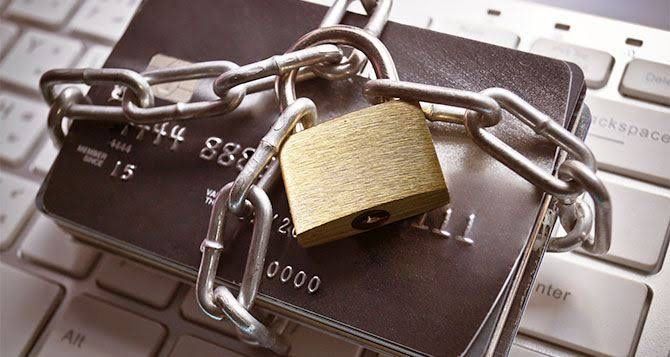Millions of Ukrainians Face Account Seizures Amid New Enforcement Laws
In a recent development, the Verkhovna Rada of Ukraine has proposed amendments to certain laws concerning the enforcement of court decisions and the operations of private enforcement officers during times of martial law. The proposed changes could potentially impact millions of Ukrainian citizens. In an effort to improve the efficiency

In a recent development, the Verkhovna Rada of Ukraine has proposed amendments to certain laws concerning the enforcement of court decisions and the operations of private enforcement officers during times of martial law. The proposed changes could potentially impact millions of Ukrainian citizens.
In an effort to improve the efficiency of court proceedings during martial law, the law restricts scheduled and unscheduled inspections of private enforcement officers' activities. These restrictions, however, do not apply if there are doubts about the officers' operations within their respective offices.
The changes also address the replacement of private enforcement officers who cease their activities. The replacement officer, who must be from a different enforcement district, takes over in the event an officer ceases operations. The law specifies, however, that this provision does not apply if the replacement officer's office is located in territories where active hostilities are taking place or in territories deemed temporarily occupied.
One of the critical components of the proposed changes is the provision allowing private enforcement officers with pending enforcement proceedings to suspend their activities. This suspension requires the replacement of the officer with another enforcement officer, a process that can proceed without the consent of the party to whom the court judgment is favorable.
Before suspending activities, the private enforcement officer must inform the Ministry of Justice of Ukraine at least one business day in advance. In addition, the officer must provide a certified copy of the agreement that confirms their replacement. Once approved by the Ministry, the details about the replacement officer are included in the automated enforcement proceedings system and the Unified Register of Private Enforcement Officers of Ukraine.
These legislative changes may potentially impact up to five million Ukrainians, as accounts could be seized under enforcement proceedings. The information concerning the replacement of private enforcement officers will be freely accessible, adhering to the provisions of Article 8 of the Law of Ukraine "On Enforcement Proceedings".
The proposed changes underscore the Ukrainian government's commitment to maintaining the rule of law even in times of martial law, while raising critical questions about the protection of citizens' rights in the process. As these amendments make their way through the legislative process, they will undoubtedly be the subject of intense scrutiny and debate.
Major Ukrainian Banks Block Cards of Millions, Including Pensioners
In the wake of newly enacted laws pertaining to the enforcement of court decisions and decisions of other authorities during martial law in Ukraine, there's widespread concern as millions of Ukrainians stand to be affected. This comes as the Law of Ukraine seeks to redefine the organization of enforcement procedures, with potential ramifications for approximately five million individuals in the country.
Under the new provisions, major banks, including Privatbank, Oschadbank, and Monobank, are blocking the cards of millions of Ukrainians. Disturbingly, this sweeping action also extends to vulnerable demographics, such as pensioners who rely on these accounts for their financial livelihood.
The legislative amendment enables private enforcement officers, who carry out enforcement proceedings, to halt their activities and delegate their duties to others, even in other enforcement districts. The process for this can occur without the agreement of the debtor, potentially opening the door to unexpected account seizures.
Banks are believed to be responding to these enforcement changes in an attempt to pre-emptively shield themselves from potential liabilities, leading to account and card blocks for millions of Ukrainians. Concerns continue to mount as these legislative changes unfold, particularly as it becomes clear that no demographic, not even pensioners, is exempt from the potential fallout.




